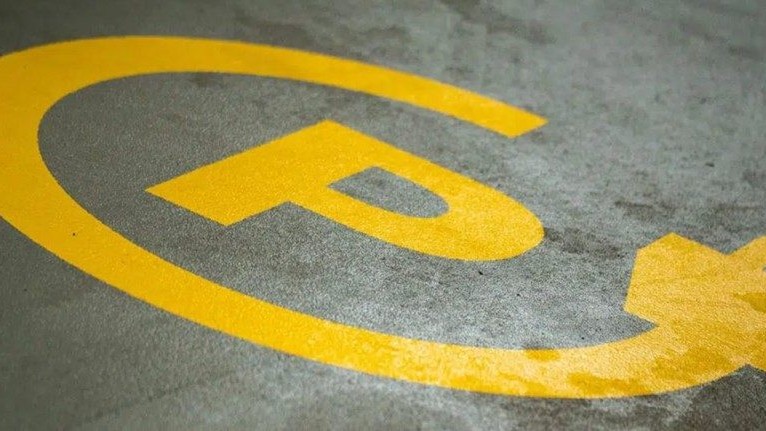
Transport and Energy Minister Simeon Brown has announced 25 new high-speed EV charging hubs along key routes between major urban centres.
The hubs are part of the Government’s plan to “supercharge” New Zealand’s EV infrastructure, he said.
Each hub will have several chargers and be capable of charging at least four – and up to 10 – vehicles at once, as well as being located close to amenities.
“New Zealanders considering an EV need confidence they can charge where and when they need on the public network. The Government is committed to working with industry to supercharge public EV infrastructure to remove ‘range anxiety’ and make owning an EV as easy as possible,” said Brown.
“Our Government has a plan to significantly increase the number of public EV chargers across New Zealand with a goal of 10,000 charging points by 2030. This is part of our ambitious target to reduce net greenhouse gas emissions, aligned with our Net Zero 2050 goal.”
In order to deliver this plan, Cabinet has agreed to develop a new model to support investment in EV charging infrastructure in New Zealand. The new model is part of a Supercharging EV infrastructure work programme agreed by Cabinet that includes:
- Development of a cost benefit framework for Government co-investment in public EV chargers, consistent with the National Act Coalition Agreement, and transitioning the co-investment model to maximise private investment. Decisions on the model will be confirmed late 2024.
- Reducing red tape and regulation, including removing the requirement for a resource consent for the installation of public EV chargers.
- Enabling standards to improve consumers capability to shift home EV charging demand away from network “peaks”.
- Working with the Electricity Authority on addressing barriers such as connection costs and ensuring consistent approaches to EV charging connections across all 29 electricity distributors in New Zealand.
- Establishing a Cross Agency Taskforce including, the Ministry of Business Innovation and Employment, the Ministry of Transport and EECA (the Energy Efficiency and Conservation Authority), and Crown Infrastructure Partners to drive the work programme and engage with industry.





